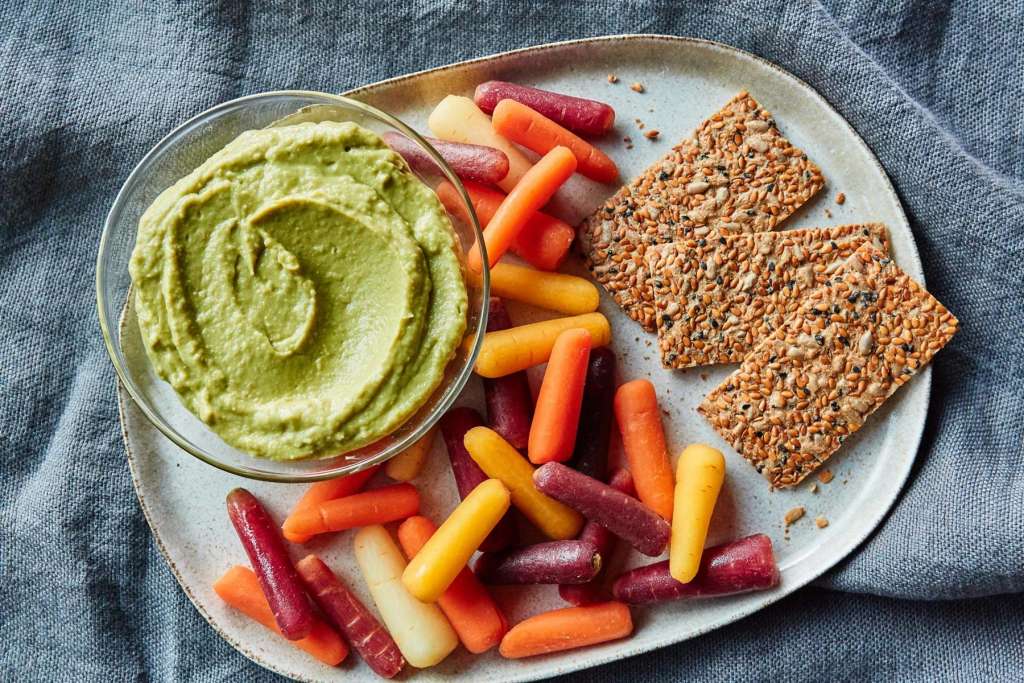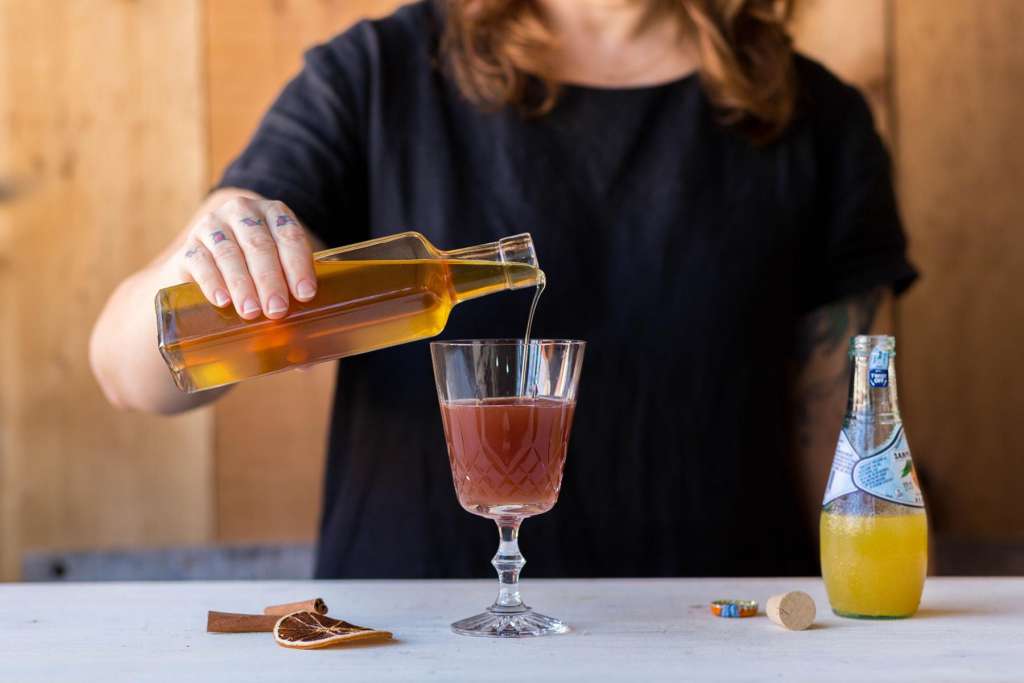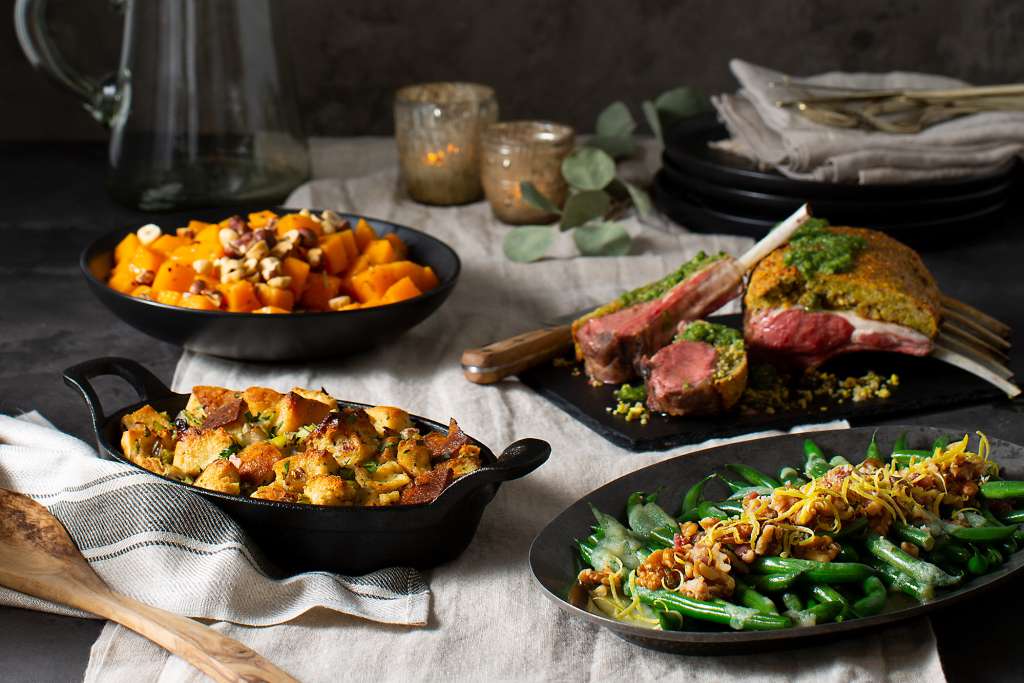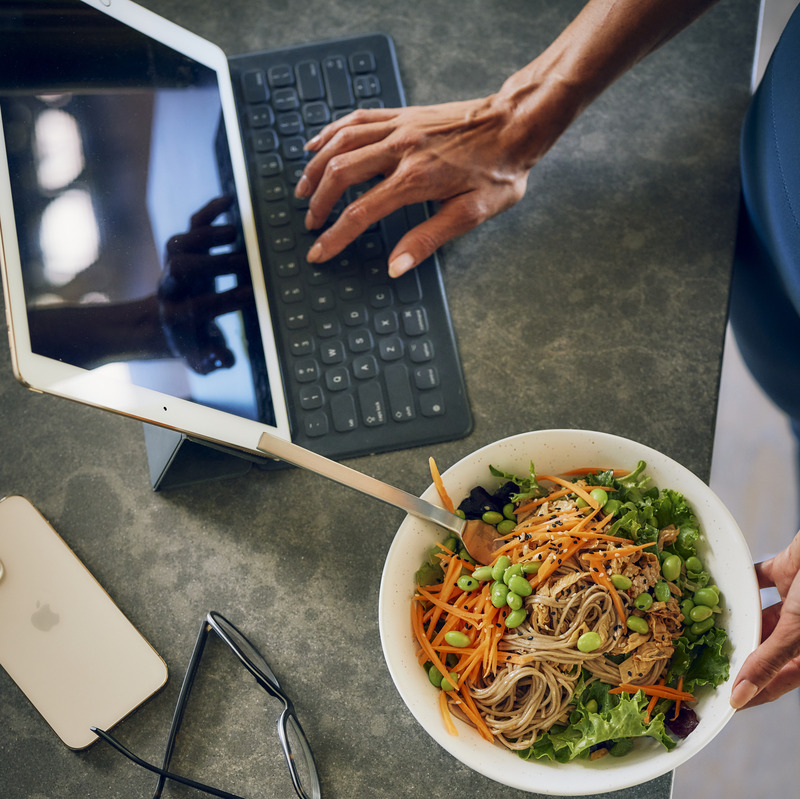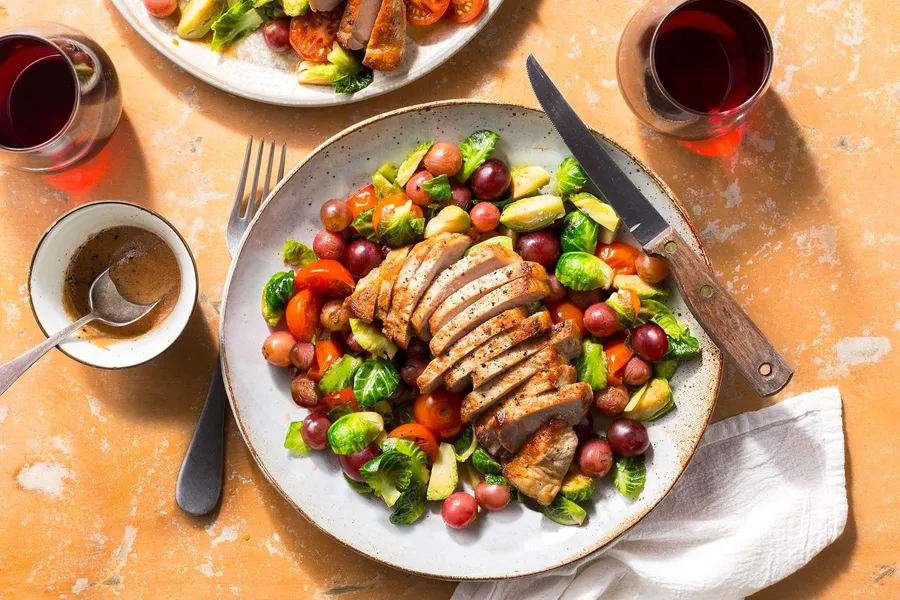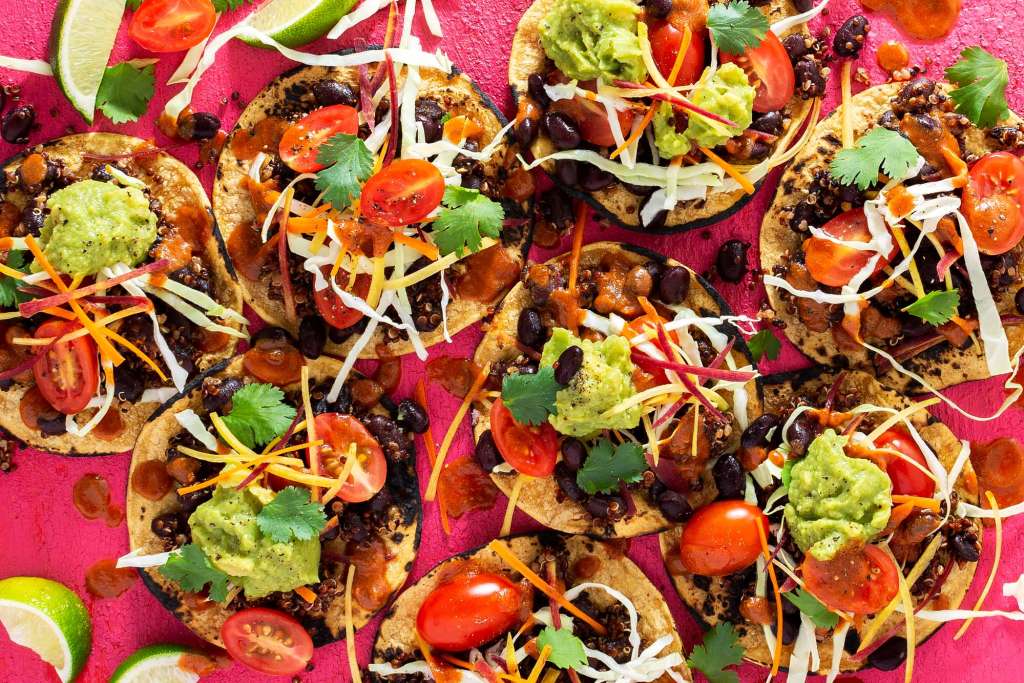How to Beat a Food Coma
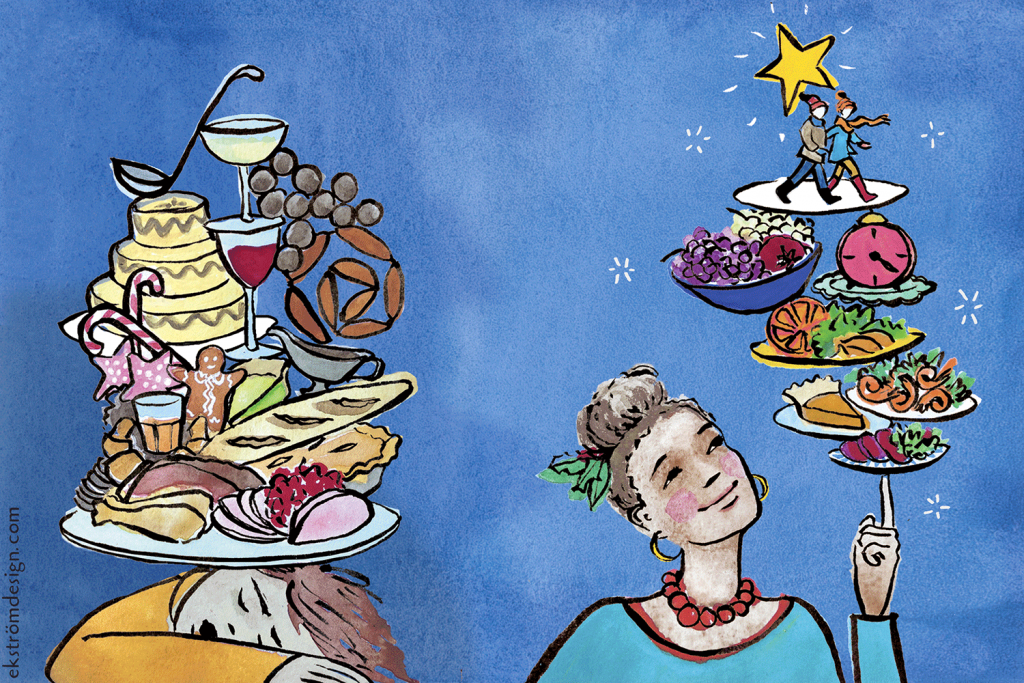
We all know the food coma, the informal noun that the Oxford English Dictionary defines as “. . . particularly useful around the holiday season describes ‘a state of sleep or extreme lethargy induced by the consumption of a large amount of food.’ It may well be accompanied by a food baby.”
The good news is that you can celebrate and still be standing and clear-headed once it’s over. Sun Basket’s Director of Nutrition, Lindsey Kane, has some tips for surviving the feast with all your senses intact.
Balance your plate
When it’s time to feast, fill at least half your plate with vegetables—no one ever fell into a vegetative state from eating too many plants. Fill the rest of your plate with complex carbohydrates that have a low glycemic index (whole grains, root vegetables, and legumes) and pair them with high-quality proteins and good fats to keep the rise in blood sugar and insulin slow and steady.
Don’t starve yourself in anticipation of a big meal
Instead, eat small meals of healthy foods to keep your blood sugar steady, your hormones on an even keel, and to help prevent bloating.
Downsize your plate
Grab a salad plate, instead of a dinner-size one, from the buffet line, then go ahead and load it up. You’ll find you eat less and enjoy your food just as much. For more holiday table tricks, check out how we’re setting the table for our holiday feasts.
Eat here now
Taking the time to be in the present can help you make more thoughtful decisions about what you eat. You’ll be more likely to notice when you are comfortably full and you’ll have the opportunity to enjoy more of less.
Raise your glass, but not too often
Enjoy yourself but be aware that the lack of inhibition and drowsiness associated with alcohol only increases your chances of overeating and exacerbates the sense of fatigue.
Take a lap
Instead of heading to the couch once the meal is done, go for a walk. You’ll shift blood, energy, and nutrients back to your brain and muscles, and release energizing hormones. Commit to a post-dinner stroll before the meal begins, and grab a partner for added insurance and accountability.
Wait it out
Give yourself time to digest before heading back for seconds. A 20-minute wait allows your GI tract time to send the message to your brain to put the fork down before you’ve gone too far.
Water down your dinner
Fluids help push food forward through the GI tract, aiding digestion so food doesn’t hang out in your stomach for too long. Warm fluids, in particular, can help relax our GI tract and ease digestion.
Artwork by Ekström Design
